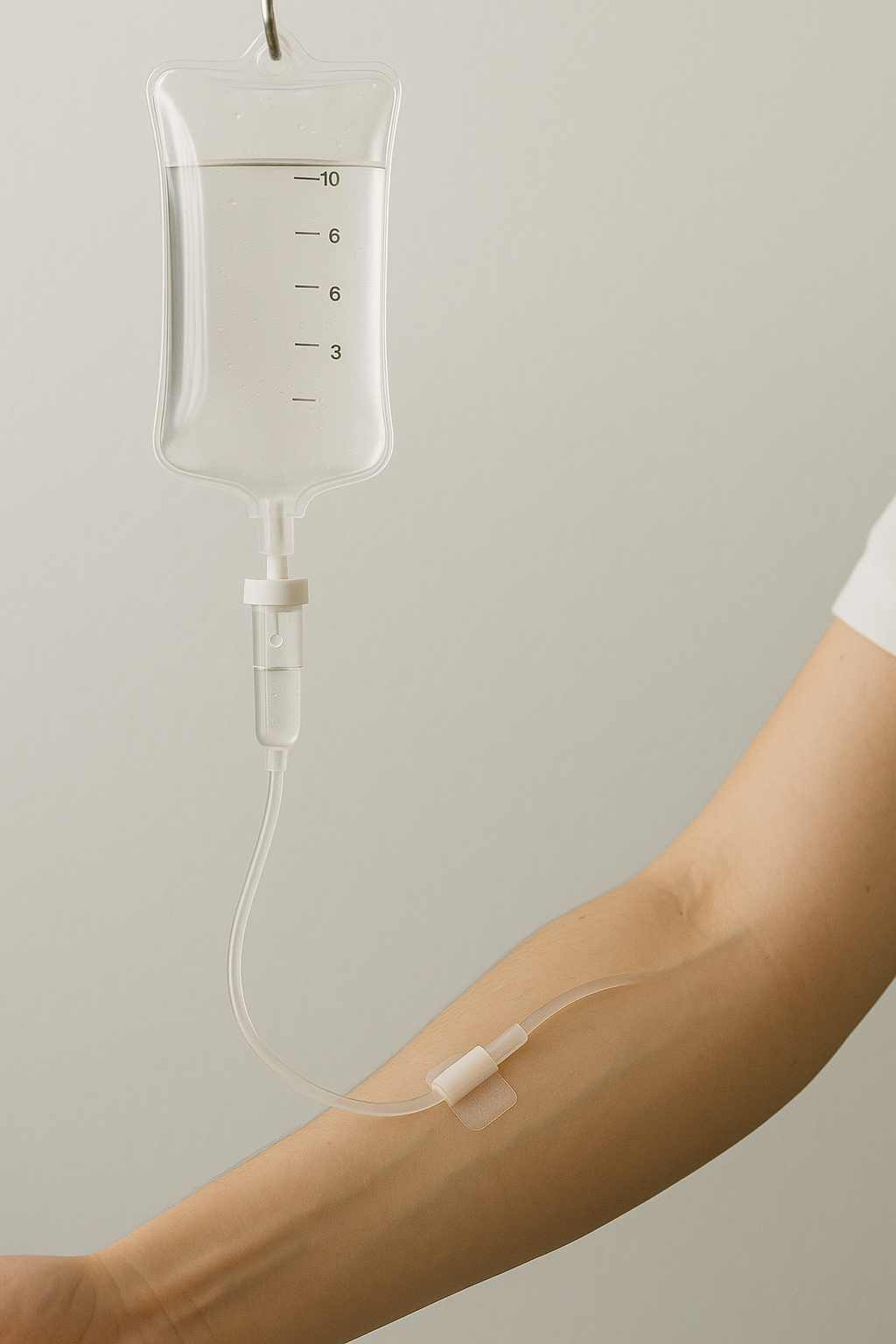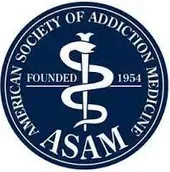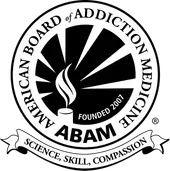Avoid Unhealthy Coping Mechanisms for Trauma
Wave Treatment Centers
Avoid Unhealthy Coping Mechanisms for Trauma
Trauma is a sadly common part of life. According to a 2017 article in Psychotraumatology , surveys indicate more than 70% of people go through at least one traumatic event in their lifetime. In other words, while it may be virtually impossible to avoid trauma, you can influence how trauma affects your life. If you avoid unhealthy coping mechanisms for trauma, you may be able to lessen your risk for long-term harm.
What is Trauma?
When mental health professionals use the word trauma, they are referring to the psychological impact of terrifying occurrences or circumstances. People may be traumatized by physical attacks and sexual assault. Being abused or neglected during childhood can also lead to emotional trauma. Other potential sources of trauma are car accidents, serious illnesses, tornadoes, military combat, the sudden loss of a loved one, and acts of terrorism.
In short, trauma typically occurs after a person has been involved in one or more life-threatening experiences. People can also develop trauma after witnessing a horrifying event.
Regardless of the cause, untreated trauma can have a devastating impact on a person’s life. Physical health problems, substance abuse and addiction, post-traumatic stress disorder (PTSD), and an increased risk for other mental health concerns are among the many potential negative effects of untreated trauma.
What are Coping Mechanisms?
Coping mechanisms are the behaviors and strategies that people employ to deal with stress, pressure, and other difficult experiences. People also use coping mechanisms in the aftermath of trauma.
Some coping mechanisms are short-term responses, while others can lead to lasting changes in how a person thinks, feels, and acts. Some of these are healthy and productive. But there are also several unhealthy coping mechanisms for trauma.
Healthy vs. Unhealthy Coping Mechanisms for Trauma
Traumatic experiences are, by definition, horrible. Healthy coping mechanisms can’t eliminate the pain entirely, but they can limit a person’s risk for future harm. On the other hand, unhealthy coping mechanisms for trauma can intensify a person’s suffering.
Examples of Healthy Coping Mechanisms
Here are a few examples of healthy ways to respond to trauma:
- Talk to someone : Isolation can exacerbate emotional distress. Having honest conversations with trusted loved ones will remind you that you are not alone.
- Practice mindfulness : Yoga, meditation, and other mindfulness-based practices can ease your mind and help you resist the urge to react impulsively.
- Write : Journaling is a safe and productive way to express your thoughts. Sometimes, the simple act of translating your feelings into words on a page can be both therapeutic and cathartic.
- Get professional help : Schedule an appointment with a therapist, counselor, or other healthcare provider. This person can assess your needs and recommend the best course of action for you, which might include psychiatry.
Examples of Unhealthy Coping Mechanisms
The following are examples of unhealthy coping mechanisms for trauma:
- Ignoring the problem : Denying the existence of trauma doesn’t make it go away. It simply delays the inevitable moment when you will have to face your feelings. The longer you wait, the more painful this experience may be.
- Abusing alcohol or other drugs : Substance abuse is an unfortunately common means of trying to avoid difficult emotions. As with denial, numbing yourself to emotional pain doesn’t do anything to address the problem. Also, substance abuse can lead to addiction and a host of other negative outcomes.
- Isolating yourself : When you withdraw from friends and family, you deny yourself a valuable source of support. Isolation can also intensify the symptoms of certain mental health disorders. When you are struggling, having the right people in your life can make a world of difference.
- Distracting yourself : Spending binges, overeating, excessive gambling, and unsafe sex are just a few of the many dangerous behaviors that some people take as a means of distracting themselves from their inner turmoil. As with substance abuse, these behaviors are likely to lead to additional problems and more intense mental anguish.
How to Avoid Unhealthy Coping Skills for Trauma
One of the best ways to avoid unhealthy coping mechanisms for trauma is to develop constructive response strategies before you need them. For example, if you already practice mindfulness, follow a healthy diet and exercise regimen. Also, regularly interact with a group of supportive friends and family members. With these tools, you may be better prepared to deal with the aftermath of future trauma.
If you haven’t already acquired the skills that can help you manage the effects of trauma, this doesn’t mean that you have failed. It just means that you may have to put in some additional work to protect your physical, emotional, and social well-being.
Consulting with a trained professional is a highly beneficial step to take, regardless of how effective you believe your coping skills are. A mental health professional can evaluate the symptoms you’ve been experiencing and identify the full scope of your needs.
If you receive a diagnosis of a mental health disorder, this professional can either provide the care you need or refer you to a treatment center that offers the services that are best for you.
Begin Treating Trauma and Addiction in Philadelphia, PA
WAVE Treatment Centers provides of customized treatment for adults in the Philadelphia, Pennsylvania, area whose lives have been impacted by PTSD, other effects of trauma, and addiction. Our outpatient mental health program incorporates a dynamic variety of therapies and support services to help clients live healthier and more satisfying lives. Contact us today to learn more.
The post Avoid Unhealthy Coping Mechanisms for Trauma appeared first on WAVE Mental Health Treatment Centers.
Schedule Your Consultation
Chestnut BLOG Form Submission

















